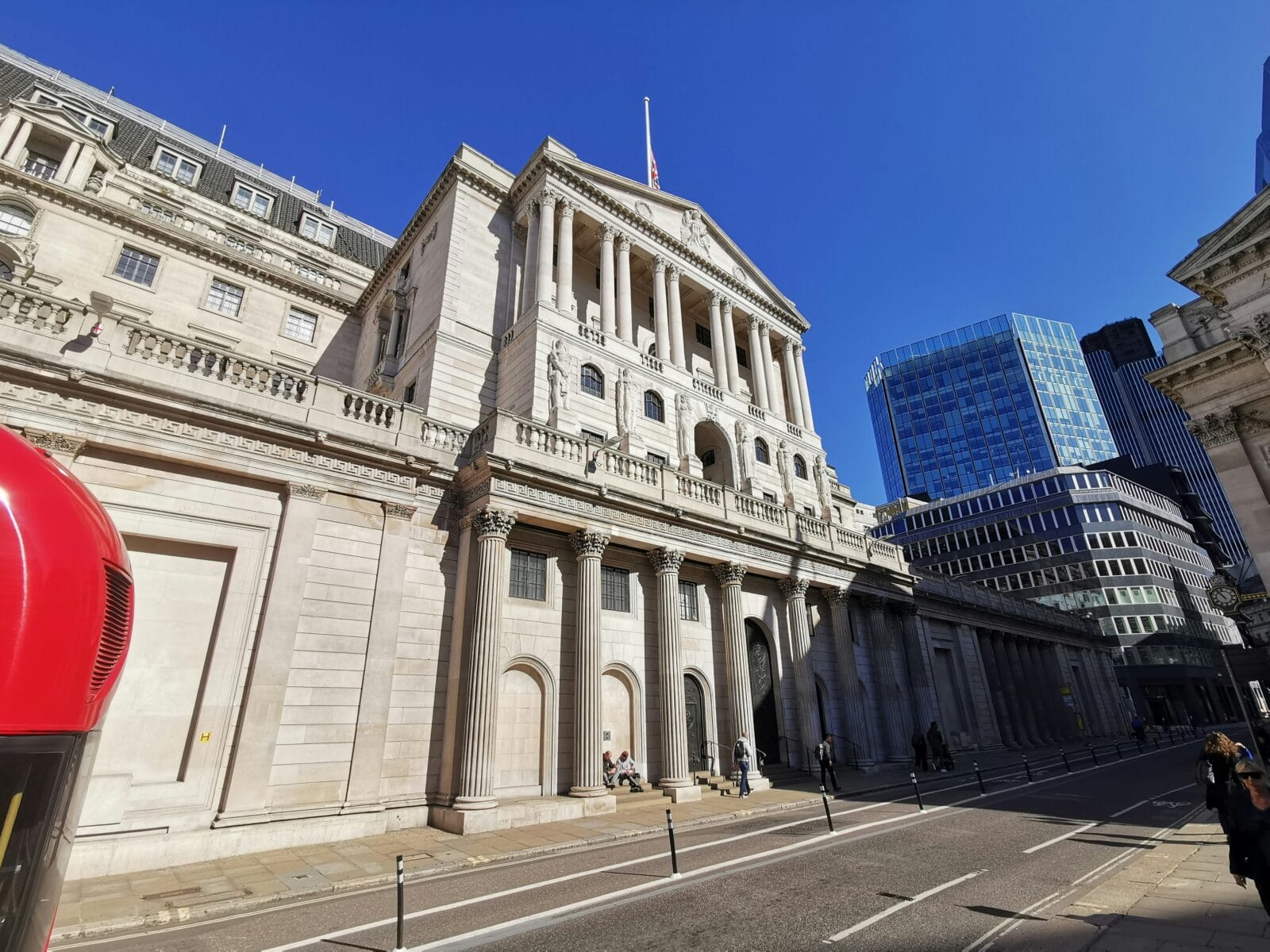Laith Khalaf, head of investment analysis at AJ Bell, comments on the latest decision by the Bank of England’s Monetary Policy Committee to raise rate to 4.25%.
He said: “Stubbornly sticky inflation has prompted the Bank of England to raise rates again, but from here on in monetary policy is likely to be become more tentative while the bank surveys the economic impact of the breath-taking rise in the cost of money. In other words, the end of the rate-hiking cycle is nigh. It’s been a hell of a journey, and there have been casualties along the way. Bond funds, LDI pension funds, mortgage holders, and more recently the banking sector, have all suffered as a result of higher interest rates. Given the tectonic shift we have seen in monetary policy in such a short space of time it’s surprising there haven’t been more breakages, and we may not yet be out of the woods on that score.
“The shock spike in inflation in February, combined with some stimulus from the Spring Budget and a tight labour market have given the Bank confidence to raise the base rate for an eleventh consecutive time. However, the Bank does say its inflation forecast for the coming quarter is lower than it was in February, thanks in large part to lower energy prices and the extension of the government’s Energy Price Guarantee scheme. That would suggest a lower path for interest rates and as things stand we may get one more hike, or none, depending of course on the data coming in. We now have to wait almost another two months for the next interest rate decision, which allows for a lot of water to flow under the bridge.
“The turmoil seen in the banking sector in recent weeks acts also as a brake on the interest rate-hiking cycle. This is probably less to do with fears of contagion, and more to do with tightening credit conditions. The central bank is responsible for the prudential regulation of banks as well as monetary policy, so it would be a partial admission of failure if they felt unable to respond adequately to inflation because they believed banking rules weren’t robust enough to withstand the pressure of higher interest rates. Rather central banks are probably weighing up whether instability in the banking system is likely to lead to less credit flowing into the economy, as deposits move to more conservative banks, and the sector as a whole winds its neck in a bit. If commercial banks are battening down the hatches, that does a similar job to raising interest rates, and so mitigates the need for tighter monetary policy.
“In monetary policy terms we are now gradually leaving the theatre of action and entering a period of circumspection. This is likely to mean interest rates plateauing from here, or only modest, less frequent adjustments being made by the central bank. If inflation proves sticky, we may see rates creep up, but many of the dials are actually pointing in the opposite direction. Should inflation fall sharply as predicted, the spotlight will turn to when the central bank can provide some relief to consumers and businesses by reducing interest rates. This is likely to come into focus towards the end of this year and into the beginning of 2024. Monetary policy is becoming less of a one way bet, as the picture becomes more nuanced. One thing is for sure; absent a shock on the scale of the global financial crisis, we won’t be heading back to the exceptionally low interest rates that prevailed just a little over a year ago.”
















